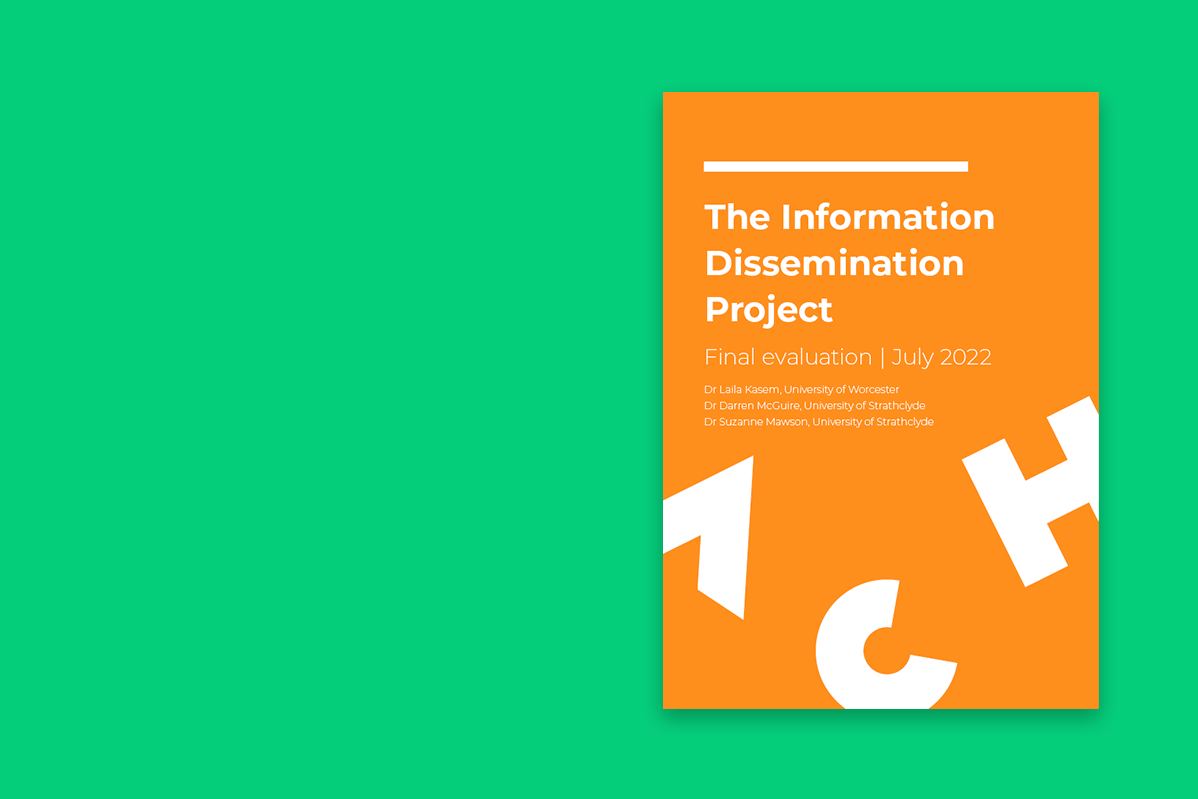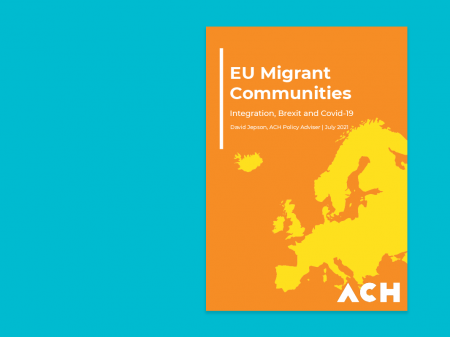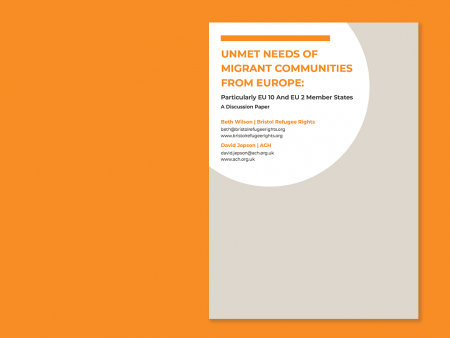
Looking back at Project ID: The Final Report
During the Covid-19 pandemic and subsequent lockdowns, ACH had to respond quickly to our communities’ changing needs and issues throughout a turbulent global crisis.
Project ID was developed in response to the plight of taxi drivers in Bristol during the Covid-19 lockdown, many of whom found themselves with little work and income.
Keep reading to find out more and discover findings from the final report, compiled by academics…
During the Covid-19 pandemic, small business owners and self-employed people faced unique and devastating consequences to national lockdowns which took away their clients overnight. We also found that ethnic minority businesses did not access the emergency loans provided, at the time, by the UK government. Project ID was designed to share information with small business owners and taxi drivers from refugee and migrant communities in Bristol, so we could support them in gaining alternative employment and access the support they were entitled to.
To share this information, we recruited community volunteers who could reach out into communities as trusted champions to disseminate crucial information. This project was successful because it leveraged ACH’s years of building community trust that enabled a trusted network of community volunteers to build on existing relationships with their own communities.
The report
Our research partners on the project have now compiled a report evaluating the success of the project and putting together action points to build upon the Project ID model of building community networks. The report was written by Dr Laila Kasem, University of Worcester, Dr Darren McGuire, University of Strathclyde and Dr Suzanne Mawson, University of Strathclyde.
The report finds that ACH staff adopted a person-centred approach, valuing individual skills, talents and potential:
‘Our evidence suggests that ACH staff prioritise understanding the wealth of personal experience and skills that refugees have, be it English-language skills, Master or PhD degrees, or personal self-efficacy and resilience. Recognising and valuing these mostly intangible resources was critical in gaining the trust of refugees - a key facilitator of integration (Strang and Quinn, 2021) and avoiding psychological disconnection.’ (Kasem et al., 2022)
The researchers also found ACH’s work on Project ID had tangible effects, increasing clients self-confidence and reducing the risk of psychological disconnection:
‘Our evidence highlights that ACH played a key role in shaping personal factors through building self-confidence, recognising the potential for personal growth, promoting personal agency while mitigating against the risks of psychological disconnection.’ (Kasem et al., 2022)
The report also highlighted that although a single organisation usually has a limited capacity to impact communities in real terms, ACH managed to create material change for our clients – whether through overcoming technological barriers such as lack of internet, or physical presence imbedded within our communities:
‘Our data shows that ACH has challenged conventional wisdom underpinning the support environment by assisting refugees to achieve personal and career potential whilst attempting to overcome the technological and physical barriers constraining development of capabilities. This includes the provision of technological equipment or internet connection and being physically proximate to the community, particularly through the use of volunteers.’
Next steps
This research evaluation highlighted the success of Project ID, and pinpointed several action points to improve and implement the model in the future.
These action points included:
- Creating a list of resources a person may have, and assess clients on an individual basis
- Working with each person with refugee status to highlight areas of strength or development needs
- Exploring opportunities to draw on volunteers to act as ‘bridges
- Building a network of volunteers by providing knowledge and access to relevant organisations.
- Maintaining the focus on maximising the career potential of refugee and migrant communities.
Read the full report here.
Read more about our work supporting communities during the Covid-19 pandemic here.


